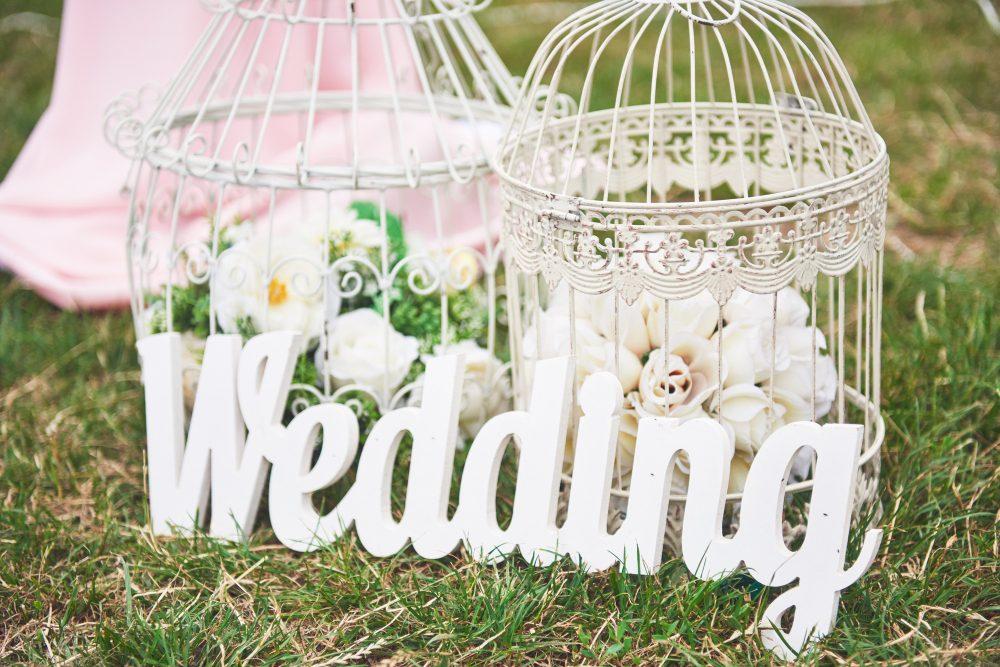When considering personal finance, one question is, “How many bank accounts should I have?” While the answer largely depends on your financial goals and lifestyle, a strategic approach can greatly optimize your money management. So, here embark on this journey to find the right balance.
Table of Contents
1. The Basics: Checking and Savings Accounts
The most common types of bank accounts are checking and savings accounts. A checking account, typically used for daily transactions such as paying bills and making purchases, is much like a wallet with added safety features.
On the flip side, a savings account is a secure place to store money and earn a bit of interest over time, much like a piggy bank, but with a growth plan. Many financial experts suggest having at least one of each as a fundamental strategy, effectively separating your spending money from your savings. This division can help keep you from dipping into your savings for everyday expenses, promoting healthier financial habits.
2. Keeping it Simple vs Having Multiple Accounts
While maintaining multiple bank accounts might sound complex, there are benefits to this approach. You can track your progress and manage your money more efficiently by assigning specific goals to different accounts (such as one for holiday spending, another for house maintenance, etc.).
It’s akin to keeping your socks and shirts in separate drawers; by doing so, you make it easier to find what you need when you need it. However, it’s essential to remember that this approach may not be for everyone. Managing multiple accounts may require more effort, organization, and time – factors that should be seriously considered.
3. Emergency Savings: The Unsung Hero
An essential account that everyone should consider having is an emergency savings account. This account is like your financial safety net, ready to catch you when unexpected expenses come your way. Having a separate account for emergencies can help ensure that these funds are not accidentally spent on non-emergencies.
4. Consider Your Lifestyle and Financial Goals
The number of bank accounts you should have also depends on your lifestyle and financial goals. If you’re self-employed or running a business, having separate accounts for personal and business finances could simplify accounting tasks. If you have various savings goals, such as saving for a home, car, or vacation, having separate accounts could help track these goals individually.
5. The Downside of Too Many Accounts
While there are benefits to having multiple accounts, there can also be downsides. Each account may have its own fees and minimum balance requirements. As noted by SoFi experts, “There are many benefits to having multiple types of accounts for different financial needs.” Therefore, it’s quite like juggling balls; the more you have, the harder it can be to keep them all in the air. Consequently, it’s crucial to find the right balance that works for your personal situation, considering the time and effort required for managing multiple accounts.
The number of bank accounts you should have is not a one-size-fits-all answer, but rather, it hinges on your individual needs, financial goals, and personal circumstances. Considering the points discussed in this article, you can find the balance that best suits you and optimizes your financial management. Remember, successful banking is not about the number of accounts you have but rather about using them effectively. Happy banking
Also Read – The Right Way to Implement Machine Translation Method for Global Your Enterprises




